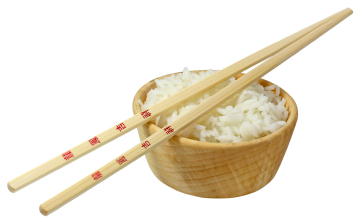Is integrity even possible?
By Dr. Henry Wong Meng Yeong | Thursday, April 25, 2013 at 3:08AM

Our recent series has focused on how to recognize and define the qualities that work together in an individual to become the great virtue we refer to as integrity.
We've seen that integrity can be recognized more easily than described, because it is a mix of traits and ideas that guide behavior in all circumstances.
Righteousness and honor, propriety, credibility and trustworthiness, trust, and incorruptibility and shame -- they are all part of what we know as integrity.
It's a high goal for us to aim for, but it is within reach for all of us.
We have the example of Confucius. He said that "With coarse rice to eat, with water to drink, and my bended arm for a pillow, I have still joy in the midst of these things. I will have nothing to do with riches and honors acquired by unrighteousness."
The sage had set his priority on personal integrity. So he knew what would guide his decisions and actions in all circumstance and at all times. Today we would say that his moral compass was set and sure.
That's why Confucius could teach that a superior gentleman, as he put it, is one who considers righteousness paramount, performing it according to the rules of propriety, with humility and sincerity.
Similarly, in response to a question from his student Zilu, who asked if a superior gentleman esteems valor, Confucius cautioned that a learned and courageous man lacking righteousness will result in subordination whereas an unlearned and brave man lacking righteousness will commit robbery. What then is the difference between blatant robbery and white collar crime?
In a nutshell, Confucius believed the a superior gentleman practices righteousness while the petty man is concerned with gain. And that, finally, is the root of corruption: What do I have to profit from this, and what’s in it for me?
To guard against the dangers of self interest, we can all benefit from Confucius teaching that when our efforts are honest, we should learn to be content with rice, water, and our bended arm for a pillow.
